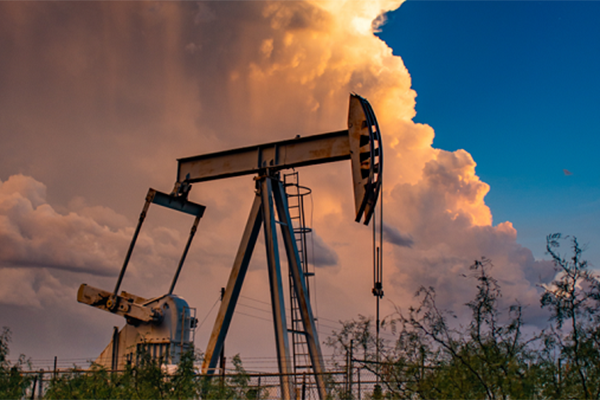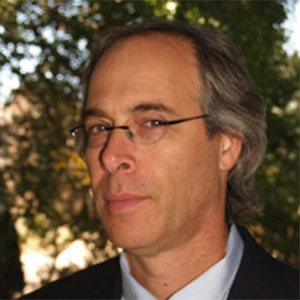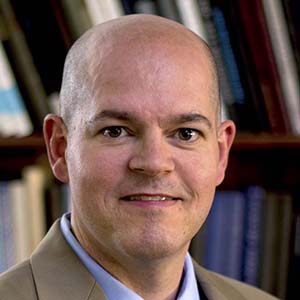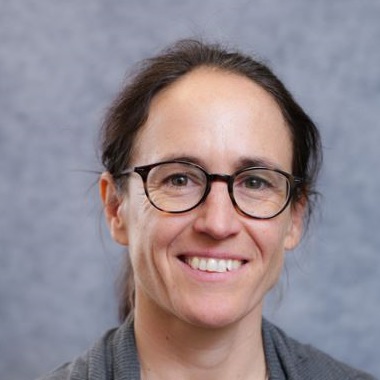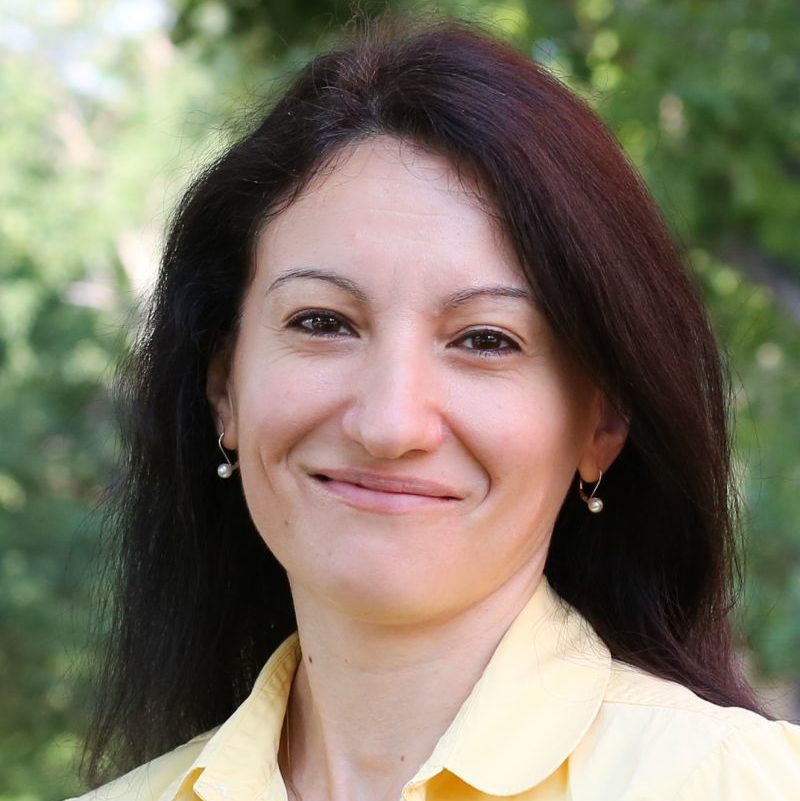Responsible Gas
Understanding the future
of natural gas in a low-carbon economy
Responsible Gas
Understanding the future of natural gas in a low-carbon economy
About RESPONSIBLE GAS
Responsible Gas at Colorado School of Mines exists to help better understand the challenges and opportunities related to the future of natural gas in a low-carbon economy. We work with partners to define the prospects for responsibly sourced gas, using empirical, credible data and independent certification.
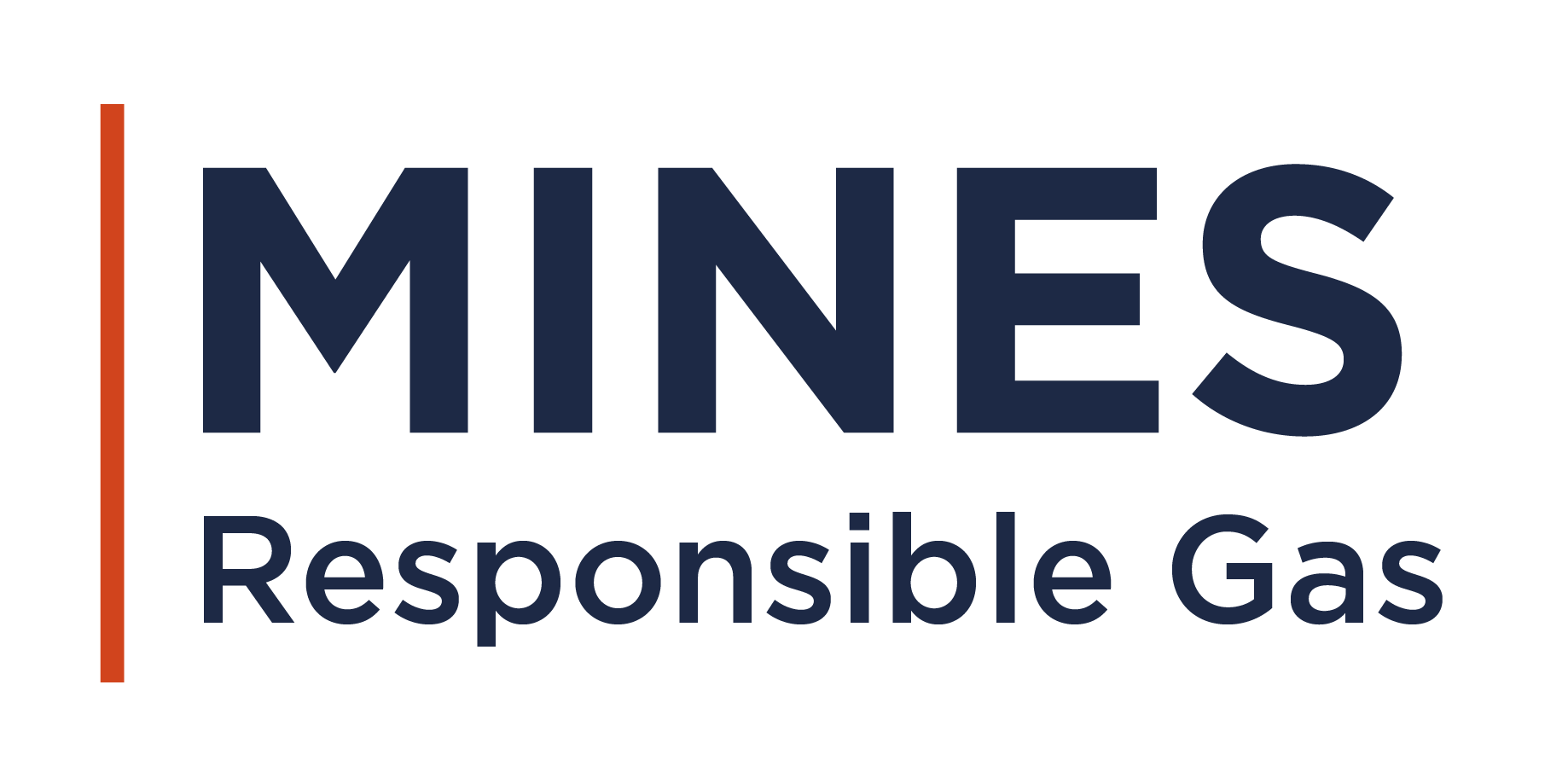
The Challenge
- With shale gas fundamentally altering the shape of the American energy market and natural gas being promoted as the bridge to a low-carbon future, it’s a valuable energy source that can play an important role in the future energy mix. Natural gas use has helped lower carbon-dioxide emissions from electricity generation in recent years, but methane emissions related to the production of natural gas have offset some of those benefits.
- Regulators, Investors and customers are placing increased pressure on the natural gas industry to do more to address climate issues and Environmental, Social, and Governance (ESG) considerations.
- Some states have created more stringent regulations directed at methane and are starting to limit gas flaring and venting as they try to regulate the oil and gas industry, but those efforts are hampered by a lack of robust emissions data.
- Companies are also implementing aggressive goals for emission reduction, yet communities, capital markets, and regulators are often critical of their efforts due to a lack of empirical evidence of their progress.
- Despite emission reduction efforts, and emphasis by investors on ESG, the market has not yet acknowledged the difference between gas producing environments. The differentiation of “responsible gas” from traditional production methods has an important role to play in creating market incentives and a net-zero energy future.
- Until methane emissions are fully measured, monitored, controlled and reduced, the position of natural gas as a greener substitute for coal and oil, which is a large part of its appeal, is open to serious debate.
The Opportunity
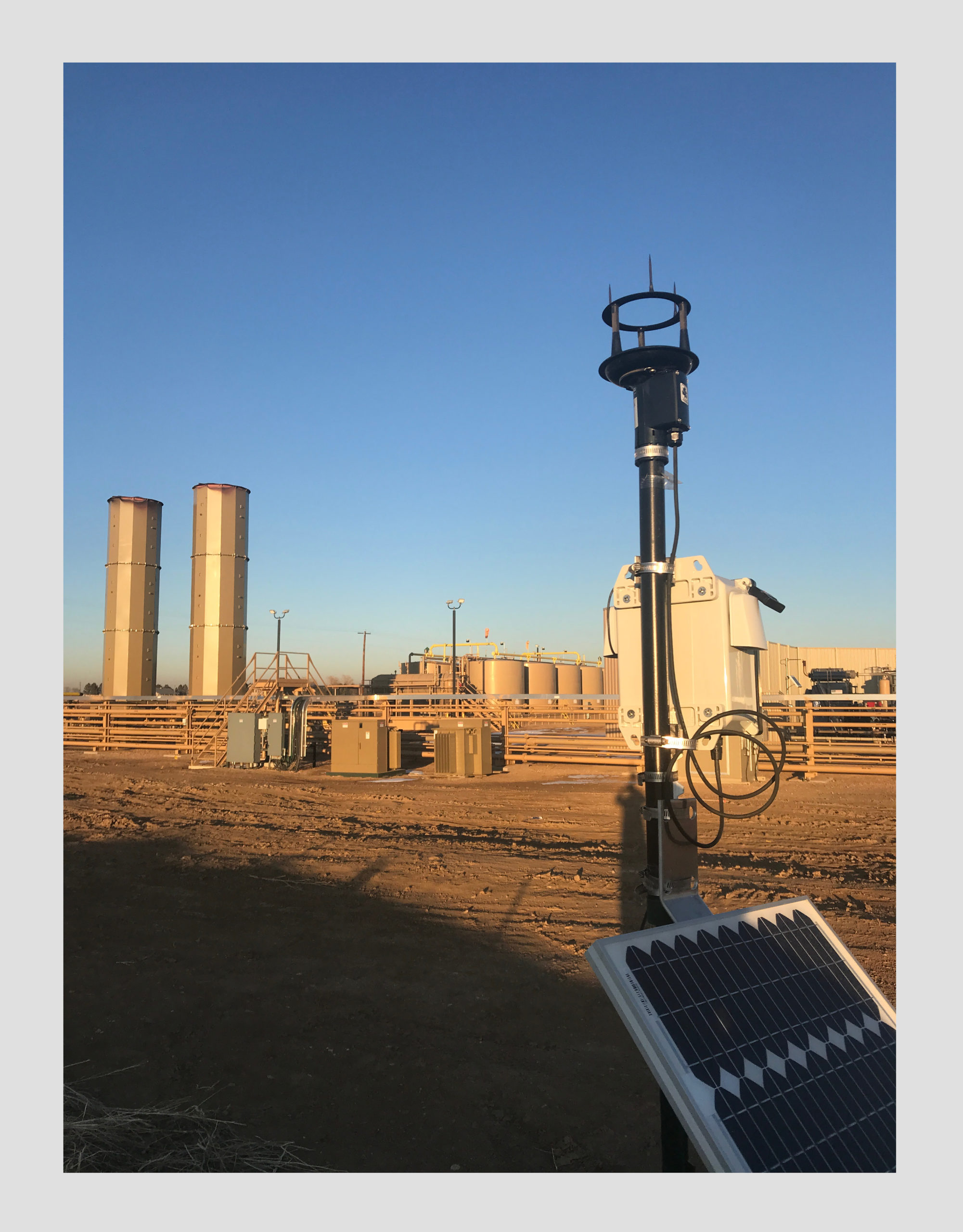
- The Continuous Monitoring Program, a partnership with the Payne Institute for Public Policy at Colorado School of Mines and emissions monitoring company Project Canary, provides an independent third-party review of data collected from oil and gas locations of participating companies. Using engagement with industry and Mines nuanced understanding of the oil and gas industry, the collaboration supports effective monitoring of emissions related to natural gas.
- The program calls for the integration of monitoring from satellites, aircraft, drones and continuous monitoring in the field, to help identify and locate events, quickly alert operators to begin maintenance and repair, quantify emissions and help regulators and communities report and visualize relevant data.
- Storing operator and monitoring data at The Payne Institute, separate from the operator itself, so that the monitoring data is not just being self-reported by the companies, creating trusted data by an honest broker third party.
- “Measure what Matters” Stakeholders throughout the energy industry value chain want to make environmentally sound decisions, but often lack the data necessary for effective emission reduction. New regulations will focus on gathering data and increasing reporting requirements for operations, aimed at finding sources of gas emissions at every stage of the industry. Venting and flaring, typically routine actions in the industry, as well as leaks of faulty equipment, are all important sources to measure and monitor. The data gathered through the Continuous Monitoring Program should help operators to develop steps to minimize methane emissions and maximize natural gas production and sales.
- Through a commitment to reducing unnecessary flaring, investing in emissions monitoring technology and demonstrating that operations are maintained at the highest level of compliance with best practice standards, operators will seek to certify their natural gas product as “responsible gas” with a lower CO2e footprint and environmental impact.
- Market incentives integrated with practical regulations and improved emissions data will enable the “Responsible Gas” market to develop, and create valuable opportunities for all impacted stakeholders.
Latest News
- A new frontier in the voluntary carbon market: Old, leaky oil wells 1/16/2025
- The 2025 Economic Report of the President
- Mines professor working to slow methane leaks in natural gas production
- BP’s largest terminal in Azerbaijan hit gas-flaring record in 2024
- Colorado’s leadership on reducing methane more important than ever 12/18/2024
Upcoming Mines Global Energy Future Events
No items, feed is empty.
Highlights
- Initial Findings from Continuous Monitoring of Oil and Gas Operations – January 13, 2021
Payne Institute Researcher William Daniels, Faculty Fellows James Crompton and Dorit Hammerling, and Director Morgan Bazilian look at the wide deployment of air quality monitoring technology, we can better address greenhouse gas emissions from the oil and gas industry. There is considerable public pressure, industry engagement, and government regulation surrounding the push for more sophisticated and transparent monitoring. While much focus has been given to the technological development of monitoring devices and the use of airplane and LDAR resources, less focus has been given to the data acquisition, management, and analysis from these monitoring technologies. This paper presents an exploratory analysis of continuous monitoring data from two oil and gas sites in Colorado.
Our Empirical Approach
Monitoring
- Satellite
- Airplane
- Drone
- On-Location Sensors
Data Management
- Independent Data Repository
- Real-Time Data Transfer
- Data Security
Analytics
- Machine Learning
- Statistical Methods
- Modeling
Responsible Gas Pillars
Partnerships

- Industry
- Business
- Regulators
- Academia
Education

- Graduate Curriculum
- Student Recruitment
- Professional Development
Learn More
For more information about Responsible Gas at Colorado School of Mines, please contact Global Energy Future Deputy Directory Gregory Clough.
Responsible Gas Researchers
Linda Ann Battalora
Teaching Professor
Petroleum Engineering
William Daniels
Research Associate
Payne Institute for Public Policy
Tzahi Cath
Ben L. Fryrear Professor
Civil and Environmental Engineering
James Crompton
Director, Mines Responsible Gas Initiative and Professor of Practice, Petroleum Engineering
Ben Gilbert
Assistant Professor
Economics and Business
Dorit Hammerling
Associate Professor
Applied Mathematics and Statistics
Alina Handorean
Teaching Associate Professor
Engineering, Design and Society
Qi Han
Professor
Computer Science
Mines@150
As Colorado School of Mines approaches our sesquicentennial, we are ideally suited to lead this initiative. Our bold and ambitious MINES@150 strategic plan builds on the exceptional legacy of our PAST, the ways we impact the PRESENT and the POSSIBILITIES of our global energy future.
